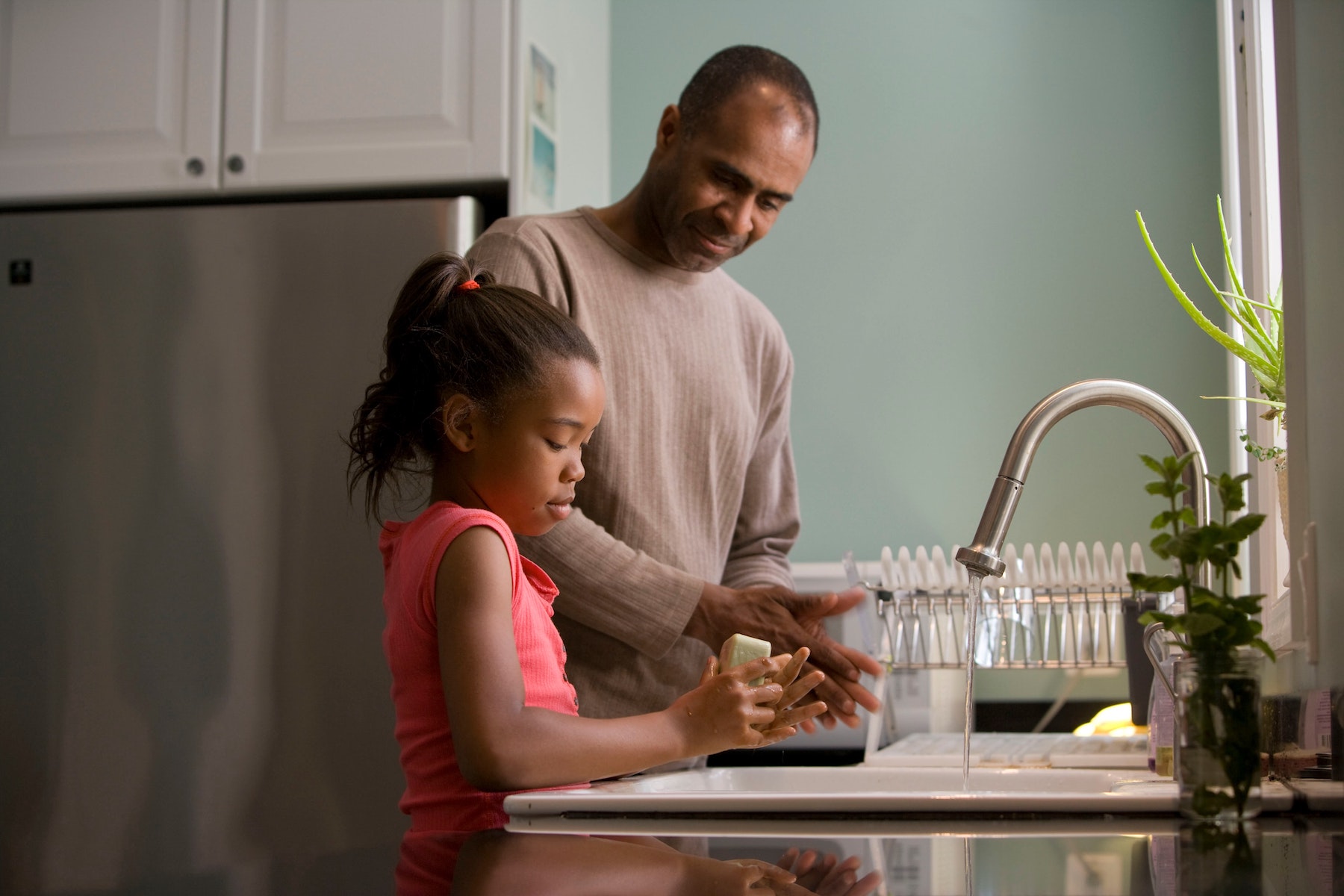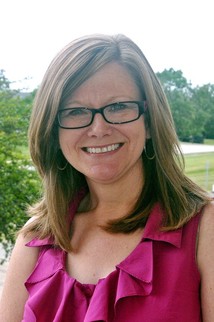Helping Children Cope Through a Pandemic

Dr. Pam Davis
Director of the Counseling Department, Associate Professor of Counseling at Gordon-Conwell’s Charlotte Campus
The COVID-19 pandemic is challenging us all to establish new ways of coping. Our previous ways of managing stress, anxiety, and hardship either aren’t available or aren’t working in the same ways. This may be especially true for children. Children have not had the same time to experience life that adults have had. They haven’t yet developed the assurance that hard times come and go; or that even when hard times persist, we learn new ways of living through the crisis.
As the pandemic intensifies, some children may display signs of increased anxiety and fear or revert to previously mastered behaviors like bedwetting or baby talk. Others may act out behaviorally with increased crying, fighting, or lying. Their world, like ours, has been turned inside out. The natural rhythms of going to school and church, playing with friends, participating on a team, and eating their favorite foods have been disrupted. In addition to what’s been stripped away, children are also having to learn new ways of understanding the world: accessing their teachers, doctors, therapists, and counselors online. While we have all had to cope with these losses, the losses feel exponentially greater to children, since they don’t have the same capacity for managing crisis.
Parents and caregivers can play an important role in helping children cope during this pandemic. Here are some basic ideas:
• Establish a structure and routine that invites normalcy. Even though many of us are working and schooling from home, it’s important to establish normalcy by getting up at a scheduled time, getting dressed, eating scheduled meals, and taking exercise breaks. Although we can stay in our pajamas all day, getting dressed invites the rhythm of normalcy, which our children desperately need. Some families may want to use this time to establish new routines. One family I know is incorporating a new routine of morning prayer and Bible reading. Another family may decide to take the dog for a walk all together each day at noon.
• Be aware of over-exposure to media and the news. During this time when we are more attuned to news reports, children have more opportunities to overhear the news we have playing in the background or the news we discuss with each other on phone and video calls. This can be devastating to young minds who don’t have the same developmental understanding of disease, death, and crisis. Although we can’t shield children from everything, we can find ways to access and talk about the news without them hearing everything we hear.
• Answer questions and calm fears. Children often have many questions and fears about what is happening in the world, such as when the sickness will end, why God is letting this happen, or if they (or their loved ones) are going to die. It is important to answer their questions with simple, factual information and also to reassure them that they are safe. Remind them of all the things happening to keep them safe. Some children do not voice their fears aloud, so it can be helpful to make occasional, spontaneous statements about the family being safe. Encourage talking or drawing pictures about their feelings, so that you can be more aware of what they are thinking and help correct misperceptions. One parent was recently stunned when her daughter drew a picture of six caskets in a row, one for each family member. She had no idea that her daughter was thinking that they might all die—but then she recalled that they had seen a news report from Italy with a room full of caskets.
• Parenting is more important than schooling right now. For children who were not being homeschooled when the pandemic began, the wildest part of this crisis is the upending of school. Many parents are feeling the added stress and responsibility of “homeschooling,” in addition to juggling their own work duties, growing financial strain, and shifting emotional needs. It can be helpful to remember that crisis schooling is not the same as homeschooling. Crisis schooling requires us to stay flexible, shift our priorities, and accept that not all the learning objectives will be met. Some parents simply don’t have the time or energy or resources they need to school their children well. It will be okay. Schools know that children will come back to school with varying needs when this is over. Although incorporating school into your child’s day can certainly provide a helpful routine, allow yourself to let go of the need to do school as well as your child’s teacher. Right now, children need you first and foremost as a parent who is providing safety and stability.
• Stay connected. In addition to the danger of contracting COVID-19, another key concern of this pandemic is the danger to mental health caused by isolation and disruption to routine. The good news is that technology allows us to access more resources and stay more connected than in any previous pandemic. Let your children stay connected to your loved ones at a distance through scheduled phone calls and video chats. Play dates with friends can be attempted online. Be creative and let children play a card game or do a puppet show with friends at a distance. Utilize online platforms offered by your child’s doctors, therapists, and counselors to keep up their appointments. Make it a priority to join your church’s online worship service as a family.
Yes, this crisis is hard for both children and parents. It requires us to be flexible and patient and selfless in new ways. Yet we as adults know that this crisis shall pass—even if we aren’t sure when. In time, there will be another crisis, and we will take the lessons that we learned during this crisis to help us in the next crisis. Children don’t always have this understanding of the cyclical nature of crisis. As adults, we can help children by reassuring them that we love them and that they are safe. We can remind them that God has a plan and is in control, even if we don’t understand or know what His plan is. Children take their cues from the important adults in their lives. We are more important now than ever.
This post first appeared on Imagine Church’s blog.
 Dr. Pam Davis is an Associate Professor and Director of Graduate Counseling at Gordon-Conwell Theological Seminary in Charlotte, NC. She is a Licensed Clinical Mental Health Counselor and a Registered Play Therapist—Supervisor who has provided counseling to children and families for 19 years.
Dr. Pam Davis is an Associate Professor and Director of Graduate Counseling at Gordon-Conwell Theological Seminary in Charlotte, NC. She is a Licensed Clinical Mental Health Counselor and a Registered Play Therapist—Supervisor who has provided counseling to children and families for 19 years.